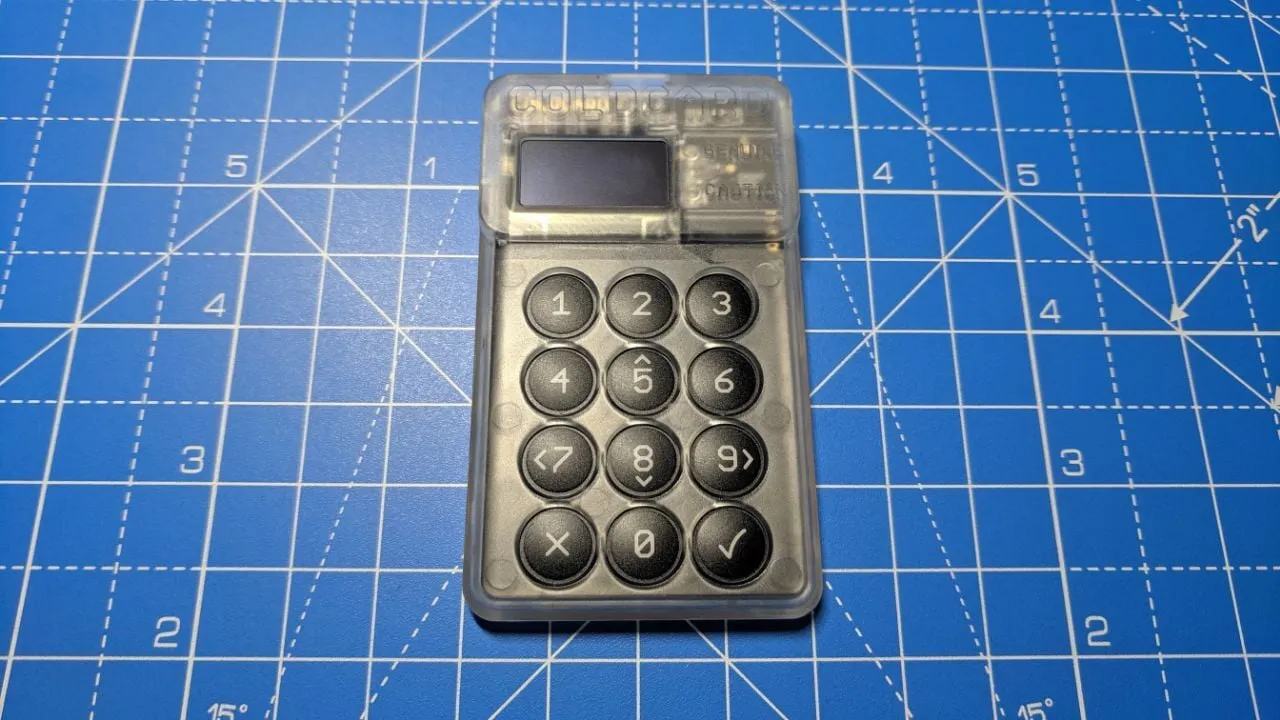In our last article Where is Bitcoin? we discussed what it means to own Bitcoin, and where it actually is. In that article we found out what you actually own is a Private Key that gives you the ability to send Bitcoin. All wallets, exchanges, etc. are just ways to manage your private key (or keys, often you have more than one).
There are many ways to store a private key, all with different trade-offs for security and convenience. Ranging from the most convenient, an online exchange, where they manage the private key for you and you can just log in to send and receive. Which is very convenient, especially when you are just getting familiar with Bitcoin. But, it’s also the least secure. You don’t really own the Bitcoin at all, if they go out of business or simply steal them (See FTX) your Bitcoin are gone and there is no way to get them back.
The next level up might be a phone wallet, which means your private key is stored on the phone. So in this case you actually do own the Bitcoin, assuming your using a safe wallet, here are some recommendations. This is also pretty convenient, but if you lose the phone, or someone else gets access to it. Your Bitcoin are gone forever.
Hot vs. Cold
In the Bitcoin world there are terms for this, specifically a Hot Wallet which is something easy to use but not very secure. A good solution for small amounts of money you might spend often. And then there is Cold Storage which is not as easy to use (by design) but extremely secure and a safe place to store your long-term savings in Bitcoin.
There are services out there that will set-up a Multi-Signature wallet for you, for a fee. Mulit-signature is something we will discuss in a future article but essentially it means that you need multiple private keys to spend the Bitcoin. So you could have one, another one could be in a safe, and a third one could be held by one of these services. In order to spend your Bitcoin you need 2 out of 3 of the keys. This protects you if you lose one key, or it gets stolen.
Hardware Wallets
Today I want to focus on the most simple cold storage solution that any individual can do. Which is using a Hardware Wallet. Hardware wallets are similar to other types of wallets in that they hold a private key. The main difference is that that key is held on a device specifically designed for the purpose.
An example of a hardware wallet:

Why is a Hardware Wallet More Secure?
The job of a hardware wallet is simply to store your private key and keep it safe. What makes a hardware wallet different from a mobile wallet is that the hardware wallet is never connected to the internet. The private key never leaves the device. Even if you want to send Bitcoin, you will plug your hardware wallet into your computer, or potentially your phone, you’ll enter the amount you want to send etc. Then, that transaction, which isn’t valid yet because it needs to be validated by a private key, will be sent over to the hardware wallet, validated (known as Signing) then sent back to your computer where you can send it off.
Note: Hardware wallets also usually have a PIN so even if it’s stolen it can’t be used to steal your funds.
What if Someone Steals my Hardware Wallet?
When you first set up your wallet it will ask you to write down your Seed Words, these are the same as your private key (we talked about this in: Where is Bitcoin?). If your hardware wallet is stolen and you still have your seed words, you can regenerate your wallet from that.
Why Not Just Keep the Seed Words, and Forget about the Wallet?
Good point. The only reason you really need a hardware wallet, or any wallet, is if you want to send or receive Bitcoin. If you just bought one Bitcoin and you want to store it away for 10 years, you can just write down your seed words and put them in a safe. Then, when the day comes that you want to spend them open it up and enter them into the wallet of your choice and you’re good to go.
A common setup is to have a hardware wallet, with a PIN, and then store your seed words in a safe, safety deposit box, hole in the backyard, family members’ house etc. Anywhere you think is safe. In that case you can send and receive Bitcoin if you need to. But, if something happens to your hardware wallet, you can still recover everything.
Conclusion
Keeping your Bitcoin safe is all about trade-offs. Easier to use options are likely less secure, more difficult, more secure. Choose whichever option fits your needs. If you want to discuss more specific scenarios or get some advice on what you should do check out our Bitcoin Buddy Forums or you can schedule a call and get personalized help here. And, you can always send me an email joel@bitcoinbuddy.co.